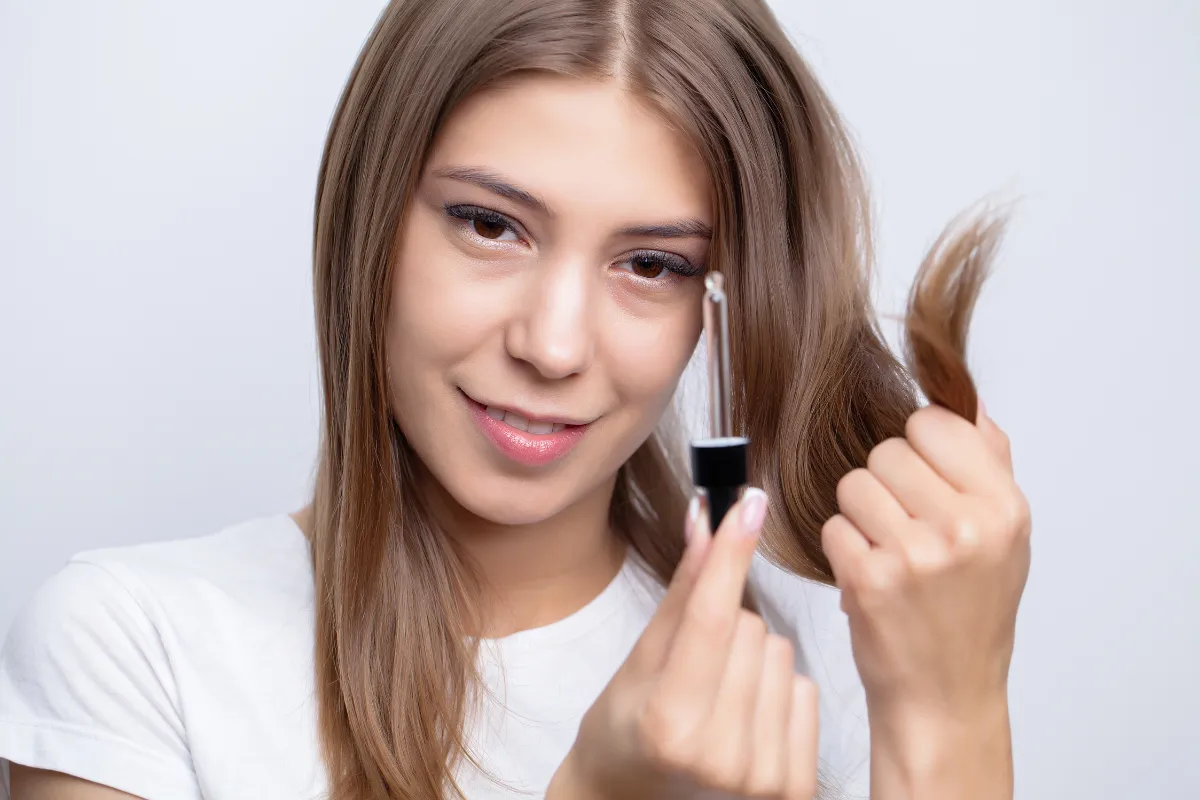Having healthy, luscious hair is a goal for many, but achieving it requires proper care and maintenance. From the products you use to the way you style your hair, every step plays a role in the health of your locks. In this guide, we’ll explore 10 tips for nourishing your hair from root to tip, ensuring it stays strong, shiny, and beautiful.
1. Choose the Right Shampoo and Conditioner
The foundation of healthy hair starts with the right shampoo and conditioner. Look for products that are suited to your hair type and concerns, whether it’s dryness, frizz, or damage. Avoid shampoos and conditioners that contain harsh chemicals or sulfates, as these can strip the hair of its natural oils and lead to dryness and damage.
2. Wash Your Hair Regularly, but Not Too Often
While it’s important to keep your hair clean, washing it too often can strip it of its natural oils, leading to dryness and breakage. Aim to wash your hair 2-3 times a week, or as needed based on your hair type and lifestyle.
3. Use a Wide-Tooth Comb to Detangle
When your hair is wet, it’s more prone to breakage, so it’s important to be gentle when detangling. Use a wide-tooth comb to gently remove tangles, starting from the ends and working your way up to the roots.
4. Avoid Heat Styling Whenever Possible
Excessive heat styling can damage your hair, leading to dryness, breakage, and split ends. Whenever possible, let your hair air dry and avoid using hot tools such as straighteners and curling irons. If you must use heat styling tools, use a heat protectant spray to minimize damage.
5. Trim Your Hair Regularly
Regular trims are essential for maintaining healthy hair. Aim to get a trim every 6-8 weeks to remove split ends and prevent breakage. Even if you’re trying to grow your hair, regular trims can help keep it looking healthy and prevent damage from spreading up the hair shaft.
6. Eat a Healthy Diet
Your diet plays a significant role in the health of your hair. Make sure to eat a balanced diet rich in vitamins and minerals, including biotin, vitamin E, and omega-3 fatty acids, which are essential for healthy hair growth.
7. Use a Deep Conditioning Treatment Regularly
In addition to regular conditioner, using a deep conditioning treatment once a week can help nourish and hydrate your hair. Look for a treatment that is suited to your hair type and concerns, and leave it on for the recommended time for maximum benefits.
8. Protect Your Hair from the Sun and Environmental Damage
Just like your skin, your hair can be damaged by the sun’s rays and environmental factors such as pollution and harsh weather conditions. Protect your hair by wearing a hat or scarf when outdoors and using products that contain UV filters.
9. Avoid Over-Processing Your Hair
Chemical treatments such as perms, relaxers, and hair color can damage your hair if done too frequently or incorrectly. If you color or chemically treat your hair, make sure to follow the instructions carefully and give your hair time to recover between treatments.
10. Practice Stress Management
Stress can take a toll on your hair, leading to breakage and hair loss. Practice stress management techniques such as yoga, meditation, or deep breathing exercises to help keep your hair healthy and your mind calm.
In conclusion, achieving healthy, beautiful hair requires a combination of proper care, a healthy diet, and lifestyle habits. By following these 10 tips, you can nourish your locks from root to tip and enjoy strong, shiny, and vibrant hair.
FAQs
1. How often should I wash my hair?
It depends on your hair type and lifestyle. Generally, washing your hair 2-3 times a week is sufficient for most people.
2. Can I use regular conditioner as a deep conditioning treatment?
While regular conditioner can help hydrate your hair, it may not provide the same level of deep conditioning as a dedicated treatment. Consider using a deep conditioning treatment once a week for optimal results.
3. How can I protect my hair from heat damage?
To protect your hair from heat damage, use a heat protectant spray before using hot tools and avoid using high heat settings. Additionally, limit the use of heat styling tools and let your hair air dry whenever possible.
4. Are there any natural remedies for promoting hair growth?
While there is limited scientific evidence to support the effectiveness of natural remedies for hair growth, some people find success with ingredients such as castor oil, coconut oil, and aloe vera. It’s always best to consult with a healthcare professional before trying any new remedy.
5. Can stress cause hair loss?
Yes, stress can contribute to hair loss, a condition known as telogen effluvium. Managing stress through relaxation techniques and stress-reducing activities can help minimize hair loss and promote overall hair health.
